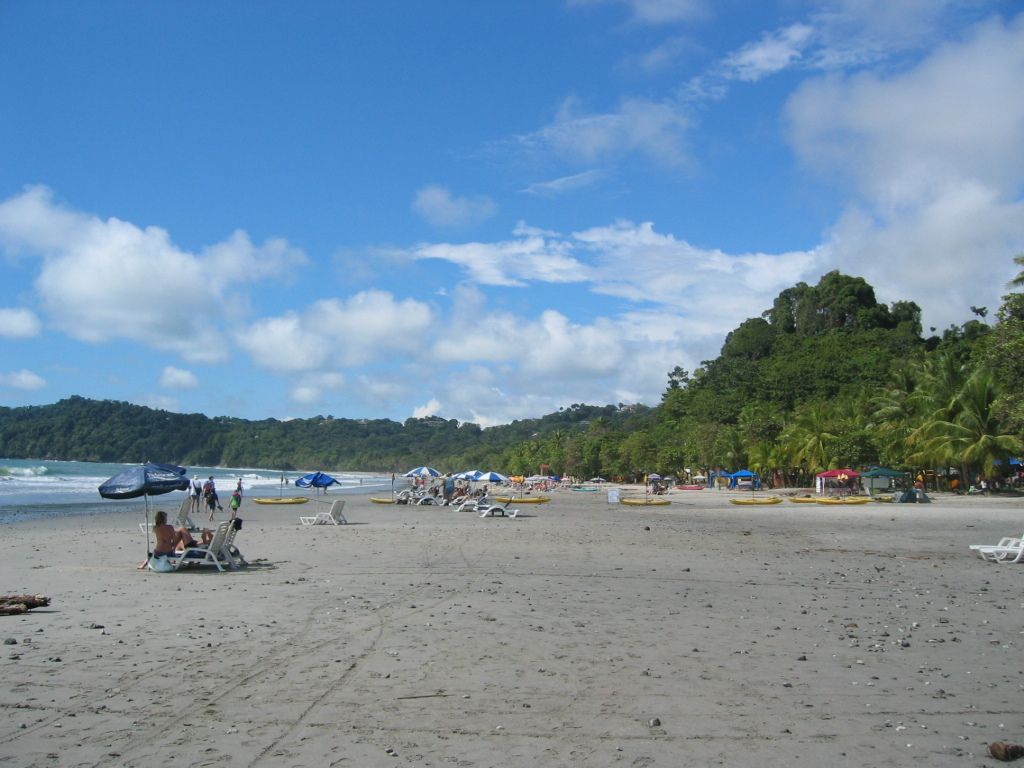Wooden Boats Adrift: A Look at North Korean Defections Across the Yellow Sea
South Korea to return four North Korean citizens found drifting in the East Sea
Wooden boats have become a symbol of the ongoing saga of North Korean defections across the Yellow Sea. Over the years, these vessels have carried stories of hope and despair, weaving their way into the tapestry of Korean division and inter-Korean tensions.
A Snapshot of Defection History
Korean War Background
The Korean Peninsula was partitioned along the 38th parallel after World War II, and the Korean War, fought from 1950 to 1953, fortified this division. Although primarily a land war, the maritime frontier, particularly the Yellow Sea, became a contentious zone for both military and civilian crossings [1].
Post-War Division
Establishment of the Northern Limit Line (NLL) in the Yellow Sea by the United Nations Command after the war created an unofficial maritime border for North Korea, leading to recurring skirmishes and incidents.
Defection Trends via the Yellow Sea
Defection vs. Accidental Crossings
Over the past decades, North Koreans have eagerly sought to defect to the South, with some crossing the sea intentionally in search of political, economic, or personal opportunities. On the other hand, unintentional crossings have been more common, particularly among fishermen caught in strong currents or dealing with mechanical failures [3][4].
Inter-Korean Relations Impact
The fate of defectors has been influenced by the ebb and flow of inter-Korean relations. Relatively harmonious periods have sometimes led to repatriation, while strained relationships have left defectors in uncertain situations.
Latest Cases and Current Status
Recent Accidental Defectors
- In March 2025, two North Korean fishermen found themselves picked up by a South Korean patrol in the Yellow Sea near Eocheong Island. Both individuals revealed their intention to return home, but remain in South Korea due to North Korea's reluctance to engage in repatriation discussions [3][4].
- In May 2025, a wooden boat transporting four North Koreans drifted into South Korean waters east of Goseong. Each declared their desire to return home, and South Korea's unification ministry plans to work towards their safe and prompt return [5].
Political Context
Recent political tensions between North and South Korea have complicated the repatriation process, adding another layer of complexity to the ordeal of North Korean defectors.
In a Nutshell
- Many recent sea-based incidents across the Yellow Sea have involved accidental crossings, with North Koreans actively seeking repatriation.
- South Korea generally shows a willingness to facilitate repatriation, but North Korea’s refusal to cooperate leaves defectors in limbo.
- The situation serves as a barometer of inter-Korean relations, with repatriation becoming increasingly challenging during periods of heightened tension [3][4][5].
*Notes: 1. The wave of defections in the early 1990s following the collapse of the Soviet Union significantly increased the number of North Koreans seeking safer lives in South Korea. 2. In recent years, some North Koreans have chosen to defect via China, rather than the Yellow Sea, due to the risk of being caught and repatriated by North Korean or Chinese authorities. 3. This piece draws on information from YONHAP, a South Korean news agency, along with research and analysis from various sources, including academic journals, NGO reports, and interviews with defectors and experts.
The government's attitude towards North Korean defectors crossing the Yellow Sea has become a significant aspect of politics, particularly in relation to inter-Korean relations. Recently, accidental crossings have been a common occurrence, leading to complicated repatriation processes due to North Korea's reluctance to cooperate [3][4][5]. The political context significantly impacts the status of these defectors, making their situation a barometer of the general-news-worthy inter-Korean tensions.








